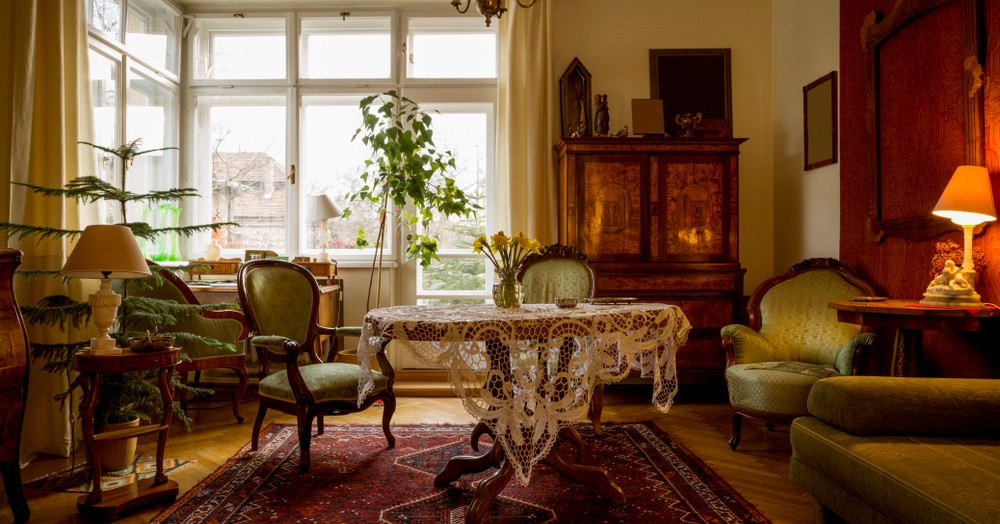
A step-by-step guide for selling an inherited property
The additional steps required to sell an inherited property can add to what is already a demanding time so it's important to ensure you’re following the necessary steps. While the paperwork can be greatly increased, some elements of selling a property remain the same and it’s worth bearing that in mind.
It’s important to make the property look as visually appealing as possible to leave viewers leave with a good and lasting impression, and it’s worth instructing a chartered surveyor to perform a property survey, so that you can take steps to rectify any major issues that could put buyers off or reduce the value of your home.
1. The Will
When inheriting a property, the first step is to make sure the legal side of things is covered and that the will states the name of the executor (the person in charge of the deceased’s estate) and the beneficiaries (those who are to inherit the estate). Shared ownership can make things a little trickier when making those major decisions, but the next steps are to apply for a grant of probate from the Probate Registry. If there is more than one executor, there is advice on the probate application form and guidance notes, as well as a handy guide from the government on how to do this part of the process.
2. Apply for probate
Probate gives the executor the legal authority to act on behalf of the deceased. They will be given access to things like bank accounts, investments, and anything else that is relevant to the property. In terms of timeframes, it usually takes a grant of probate around six to eight weeks to arrive, and then finalised issues of inheritance and the estate can take from about three to six months, or even longer, depending on if it’s a large estate with various bank accounts, properties, etc.
3. Speak to the experts
If you want to avoid extra paperwork, you can get a solicitor to act on your behalf to provide probate services, and although you may be dealing with family members during the process, it’s always good to cover yourself and avoid any additional arguments. If you’re already thinking about doing work to the property then it’s a good idea to get a chartered surveyor in as early as possible, HMRC will also require an accurate figure for probate purposes.
4. Check your inheritance tax requirements
Inheritance tax is due on estates of more than £325,000 at a rate of 40 per cent, however, there are some variants on this:
- You won’t have to pay any inheritance tax if it is passed to the deceased's spouse or civil partner, a charity or a community amateur sports club.
- If the deceased left the estate to their children or grandchildren, the threshold goes up to £500,000, which also applies to adopted, foster or stepchildren.
Bear in mind that you might have to pay capital gains tax on any profits you make from the property.
5. Selling advice
It’s a good idea to renovate an inherited property before selling, and although it may be difficult to change a loved one’s home, it’s usually more desirable for buyers once the property has been refreshed. Much of the decision to update will depend on your circumstances and what is best for you.
Those looking for a quick sale will want to get the most out of their time and money with some light touches. Things like a good clear out, a fresh coat of paint in neutral colours and even getting rid of old carpets and replacing them with wooden floors can make a major difference.
Best practice when selling is always worth considering. Make sure you’re allowing lots of natural light into the property and declutter rooms of furniture left in the property during viewing. Don’t forget it’s the outside of the property that potential buyers will see first, so be sure to tidy up the front and back gardens, jet wash any paving, and get the windows cleaned and polished.
For more help and guidance on where to start when selling an inherited property, get in touch with our team, who have experience and knowledge in every aspect of the home sale. We can guide you with first steps and refer you to the best local people.